Asian Airlines Deferring Orders To Survive Pandemic
February 26, 2021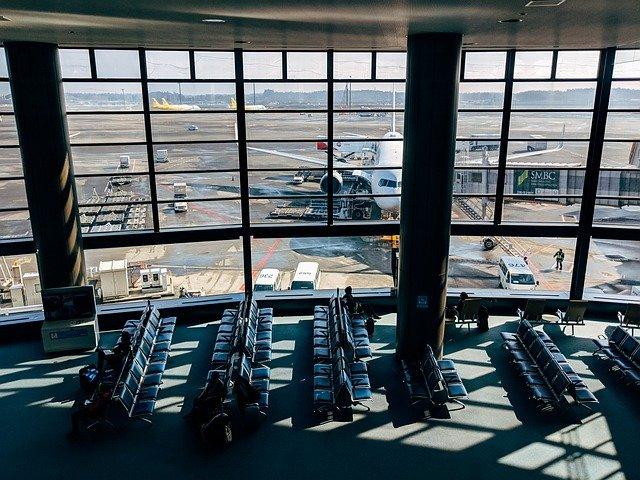
Across the Asia-Pacific region, airlines have been turning to aircraft delivery deferrals to help them weather the COVID-19 crisis.
Deferrals represent one of the main levers that airlines can pull to pause growth and reduce fleet costs, along with early retirements, lease returns and order cancellations. Postponing rather than terminating orders is obviously preferable to manufacturers, particularly since airlines in the Asia-Pacific region account for more of their order backlogs than in any other region. Allowing delays also helps ensure customer survival.
Deferrals represent one of the main levers that airlines can pull to pause growth and reduce fleet costs, along with early retirements, lease returns and order cancellations. Postponing rather than terminating orders is obviously preferable to manufacturers, particularly since airlines in the Asia-Pacific region account for more of their order backlogs than in any other region. Allowing delays also helps ensure customer survival.
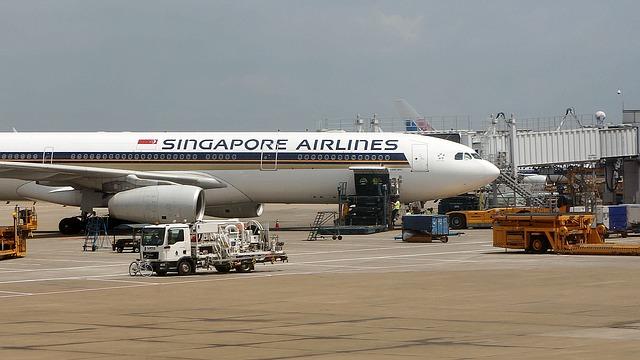
Singapore Airlines
Singapore Airlines announced on Feb. 8 that it had secured agreements with Boeing and Airbus to stretch aircraft deliveries over a longer period. The airline said its deferrals have enabled it to shift more than S$4 billion ($3 billion) in capital expenditure from the 2020-23 period to later years.
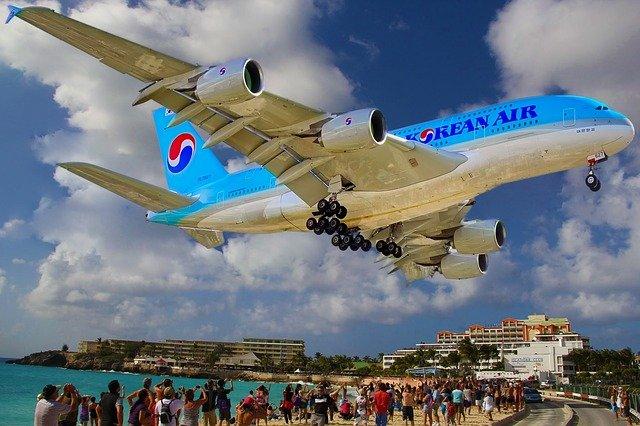
Korean Air
Korean Air is likely to defer all of its aircraft orders that were due to be delivered this year. As part of this process, the carrier is engaged in negotiations with Boeing regarding the revised timetable for its Boeing 737 MAX deliveries.
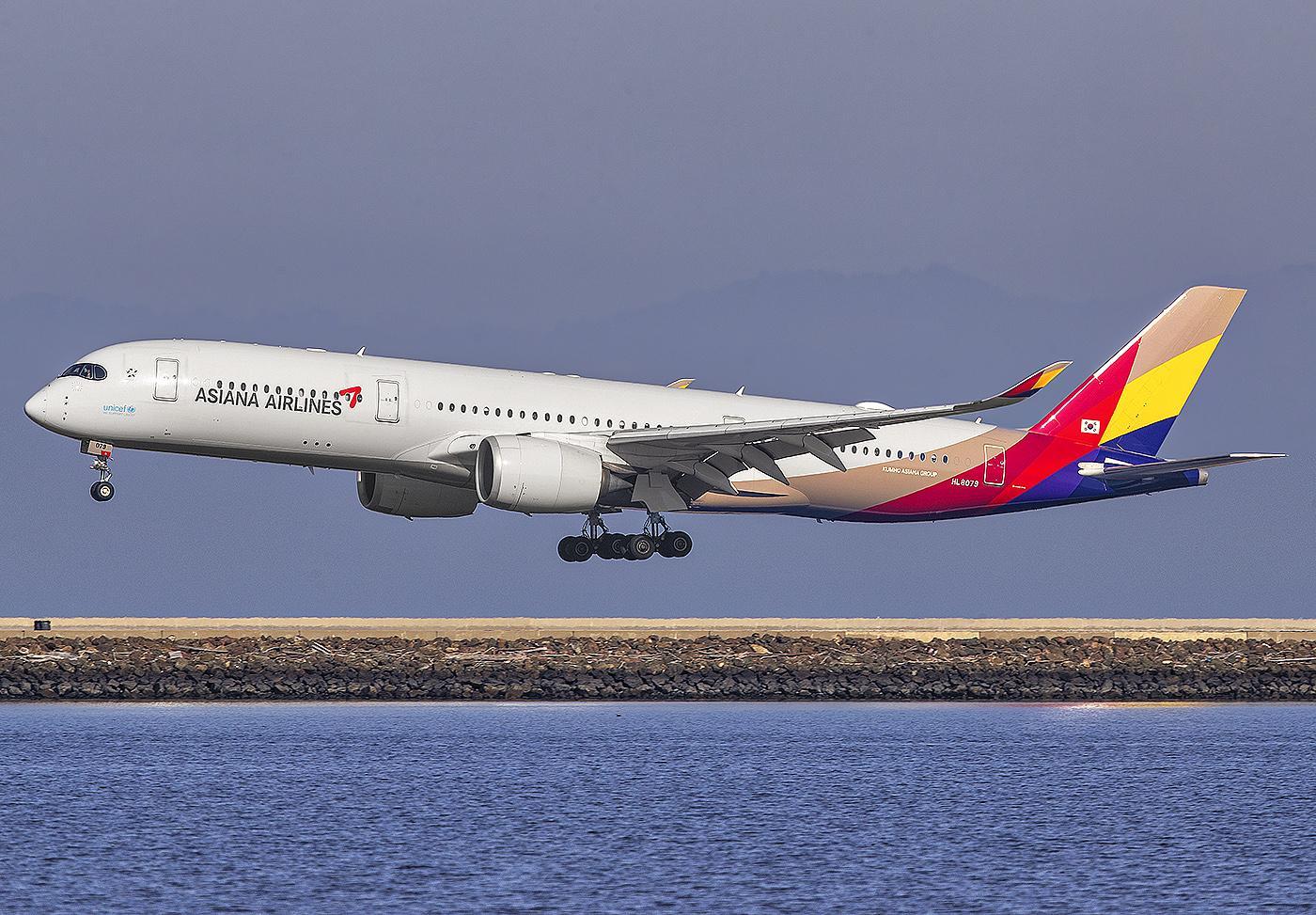
Asiana Airlines
If Korean Air’s acquisition of Asiana Airlines is approved, the merged carrier would likely not require all its current orders, at least not for some time.
Asiana has already deferred some of its orders due to the pandemic, although the carrier is not yet revealing how many.
Asiana has already deferred some of its orders due to the pandemic, although the carrier is not yet revealing how many.
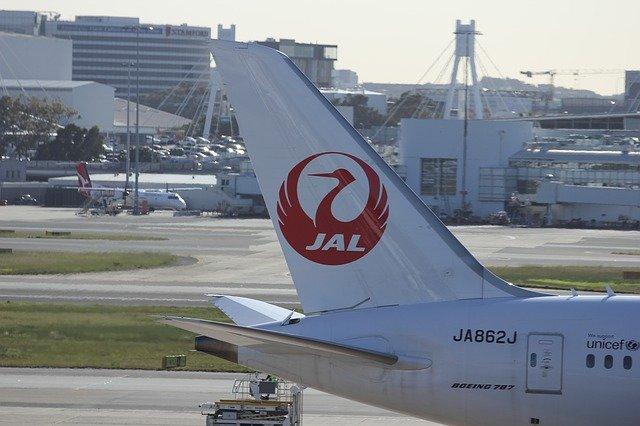
Japan Airlines
Japan Airlines is negotiating some “slight” delays but is still “expecting to receive most of [its] aircraft as scheduled,” an airline spokesman says.
Most of JAL’s short-term orders are for its domestic fleet, and Japan’s domestic demand has rebounded far more quickly than international. The carrier has accelerated the retirement plan for its older domestic Boeing 777s, so it needs to replace these with new Airbus A350-900s
Most of JAL’s short-term orders are for its domestic fleet, and Japan’s domestic demand has rebounded far more quickly than international. The carrier has accelerated the retirement plan for its older domestic Boeing 777s, so it needs to replace these with new Airbus A350-900s
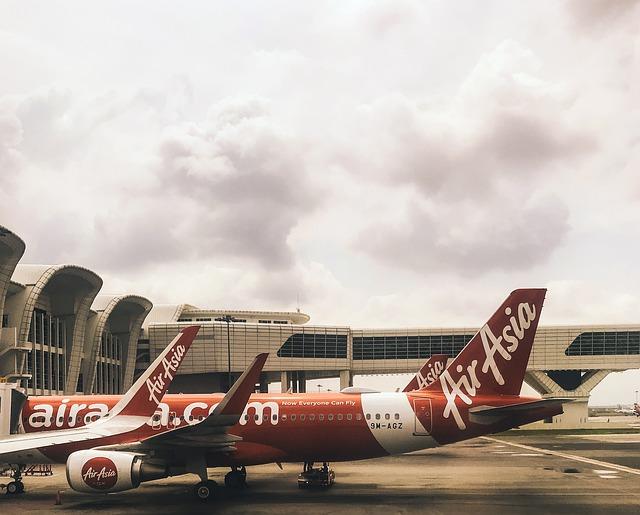
AirAsia
AirAsia Group CEO Tony Fernandes said in December that the airline was in negotiations with Airbus to shift deliveries because it does not want to take any new aircraft until it has reactivated its current fleet.
Fernandes is confident, however, that AirAsia will still need the full order total in the long term. He believes the Asian market will resume its growth trajectory in a few years, and he notes that even if growth slows, the carrier can use a large proportion of its deliveries to replace its current fleet of 245 aircraft.
Fernandes is confident, however, that AirAsia will still need the full order total in the long term. He believes the Asian market will resume its growth trajectory in a few years, and he notes that even if growth slows, the carrier can use a large proportion of its deliveries to replace its current fleet of 245 aircraft.
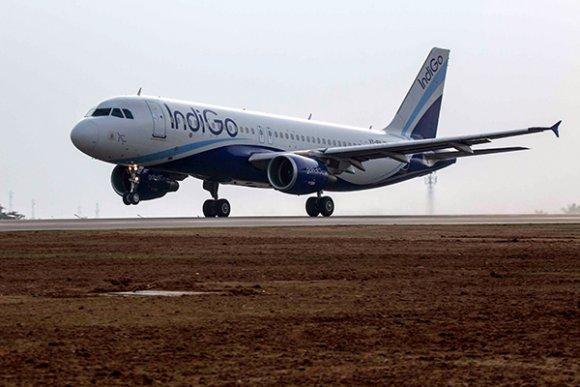
IndiGo
India’s IndiGo does not intend to defer any of its orders for Airbus narrowbodies. It is still taking deliveries as scheduled, although it is also retiring aircraft sooner than expected to keep growth relatively flat.
This is an abbreviated version of an article by Adrian Schofield that appeared in Aviation Week & Space Technology. Subscribers can click here to get more details about the Asian airlines' deferral plans.